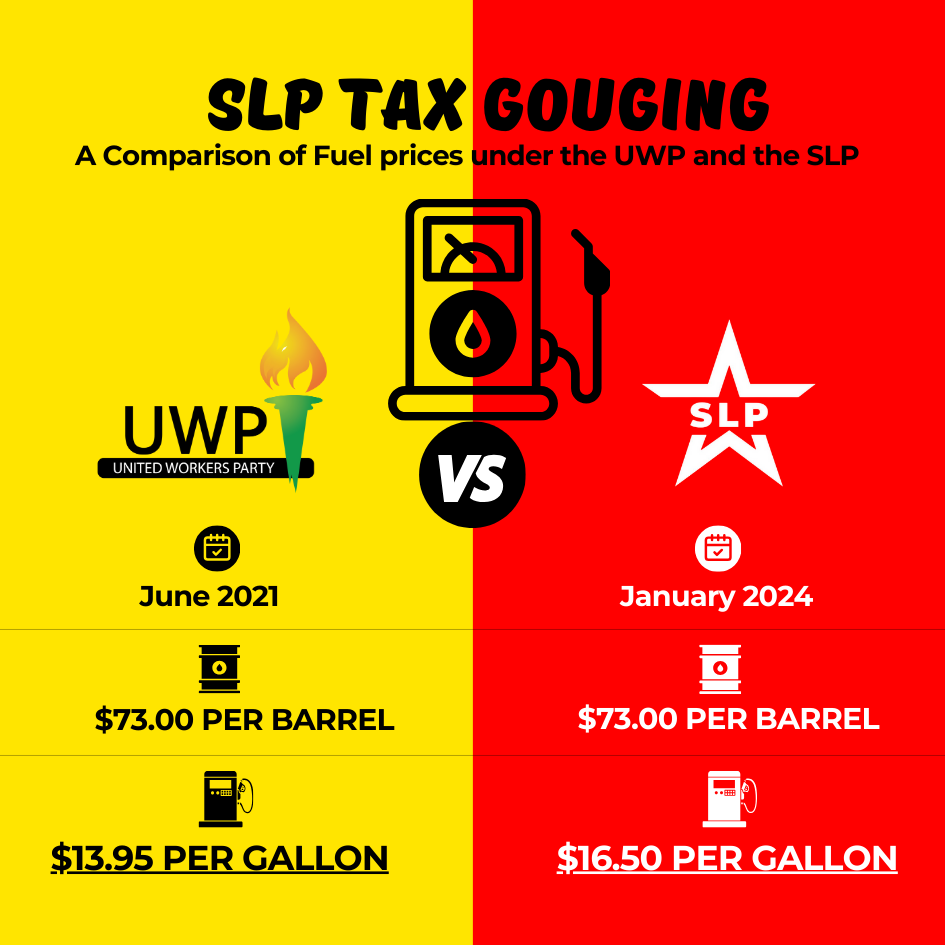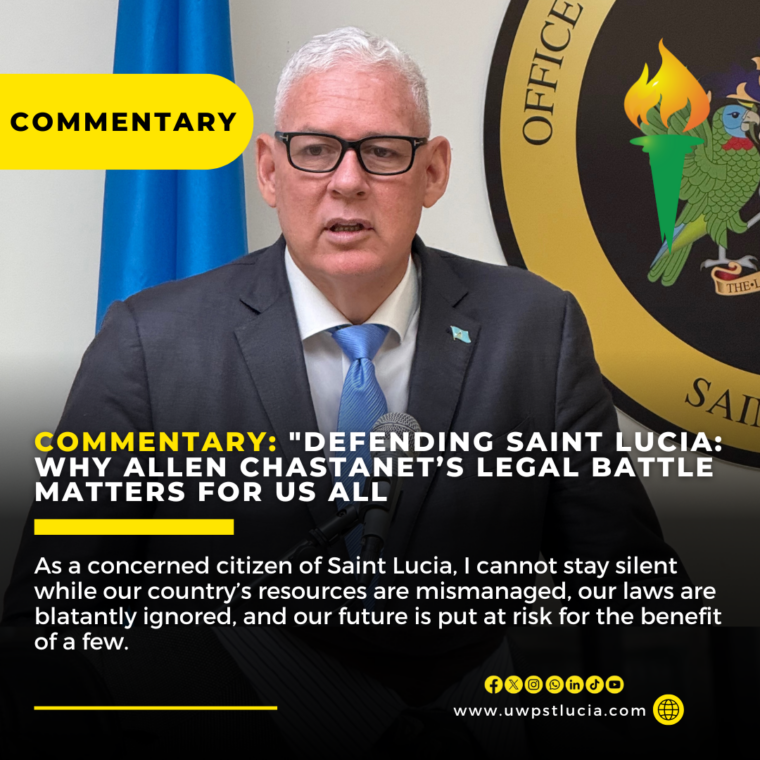In the world of politics and governance, leaders are often held accountable for their decisions, particularly when they affect the daily lives and financial well-being of the citizens they serve. Prime Minister Philip J Pierre’s decision to set fuel prices at $16.50 per gallon, despite the cost of a barrel of oil remaining at $73, has raised eyebrows and invited criticism from many quarters. The irony is that when a barrel of oil stood at the same price during the previous government’s tenure, a gallon of gasoline was sold at a more affordable $13.95. This pricing paradox warrants a closer examination.
Fuel prices are a critical factor affecting the cost of living for the average citizen, as they have a direct impact on transportation, household expenses, and the overall economy. When the United Workers Party (UWP) was in power, we managed to keep fuel prices at a reasonable $13.95 per gallon when oil was priced at $73 per barrel. This approach was welcomed by the public as it eased the burden on their wallets, especially in a developing nation like Saint Lucia.
However, Prime Minister Philip J Pierre’s government has taken a different stance, setting fuel prices at $16.50 per gallon while oil remains at the same price. This decision is not only confusing but also concerning for several reasons. First and foremost, it contradicts the promise of delivering economic relief to the people of Saint Lucia. Higher fuel prices translate to increased costs of transportation, goods, and services, which can have a cascading effect on inflation and the overall cost of living.
Furthermore, this pricing decision raises questions about the government’s commitment to transparency and accountability. Citizens have a right to know how fuel prices are determined and whether they are justified. The lack of a clear explanation for the increase has left many feeling disillusioned and skeptical of the government’s intentions. #PuttingYouWorse#SaveOurSaintLucia#PeoplePower


Prime Minister Pierre continues to tell lies about the real cost of his Halls of Injustice Project
In recent parliamentary sessions, Prime Minister Philip J. Pierre has consistently assured the public that the Halls of Injustice project will cost EC$143 million. However, emerging evidence suggests a significant discrepancy between the Prime Minister’s claims and the actual projected costs. According to a leaked contract between the Government of Saint Lucia and the Trinidadian construction firm overseeing the project,…
Read more
by Content Manager